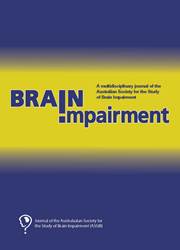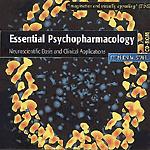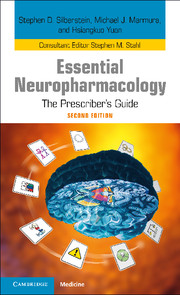Next Generation Antidepressants
Moving Beyond Monoamines to Discover Novel Treatment Strategies for Mood Disorders
- Editors:
- Chad E. Beyer, University of Colorado School of Medicine
- Stephen M. Stahl, University of California, San Diego
- Date Published: May 2010
- availability: Available
- format: Hardback
- isbn: 9780521760584
Hardback
Other available formats:
eBook
Looking for an inspection copy?
Please email [email protected] to enquire about an inspection copy of this book
-
The World Health Organization defines depression as a primary contributor to the global burden of disease and predicts it will become the second leading cause of death by 2020. The need to develop effective therapies has never been so pressing. Current antidepressant drugs have several limitations. This 2010 book looks at the future of mood-disorder research, covering the identification of new therapeutic targets, establishing new preclinical models, new medicinal chemistry opportunities, and fostering greater understanding of genetic influences. These strategies are likely to help build a better picture of the disease process, and lead to new opportunities for patient stratification and treatment. The ultimate goal for this strand of research is to develop more personalized and effective treatments for this chronic and debilitating condition. This is essential reading for all those involved in psychopharmacologic drug development, and mental health clinicians seeking a preview of discoveries soon to influence their practice.
Read more- Presents a unique blend of expert opinion from industry, academia and clinical practice
- Explores the new research taking place across a wide frontier of scientific endeavor
- Looks towards the potential for truly personalized approaches to patient treatment
Reviews & endorsements
'This is a very useful and interesting publication with a great deal of clearly summarised information on biological depression research. It gives a concise overview of likely future directions for new treatments.' The British Journal of Psychiatry
Customer reviews
Not yet reviewed
Be the first to review
Review was not posted due to profanity
×Product details
- Date Published: May 2010
- format: Hardback
- isbn: 9780521760584
- length: 150 pages
- dimensions: 240 x 160 x 10 mm
- weight: 0.45kg
- contains: 27 b/w illus. 10 tables
- availability: Available
Table of Contents
Preface Chad E. Beyer
1. Current depression landscape: a state of the field today Laurence Mignon and Stephen M. Stahl
2. Novel therapeutic targets for treating affective disorders Eliyahu Dremencov and Thomas Cremers
3. Developing novel animal models of depression Lotte de Groote, Malgorzata Filip and Andrew C. McCreary
4. Translational research in mood disorders: using imaging technologies in biomarker research Jul Lea Shamy, Adam M. Brickman, Chris D. Griesemer, Anna Parachikova and Mark Day
5. Defining depression endophenotypes Lisa H. Berghorst and Diego A. Pizzagalli
6. Genetic and genomic studies of major depressive disorder Roy H. Perlis
7. Medicinal chemistry challenges in the design of next generation antidepressants David P. Rotella
8. Application of pharmacogenomics and personalized medicine for the care of depression Keh-Ming Lin, Chun-Yu Chen and Yu-Jui Yvonne Wan
Index.
Sorry, this resource is locked
Please register or sign in to request access. If you are having problems accessing these resources please email [email protected]
Register Sign in» Proceed
You are now leaving the Cambridge University Press website. Your eBook purchase and download will be completed by our partner www.ebooks.com. Please see the permission section of the www.ebooks.com catalogue page for details of the print & copy limits on our eBooks.
Continue ×Are you sure you want to delete your account?
This cannot be undone.
Thank you for your feedback which will help us improve our service.
If you requested a response, we will make sure to get back to you shortly.
×



































